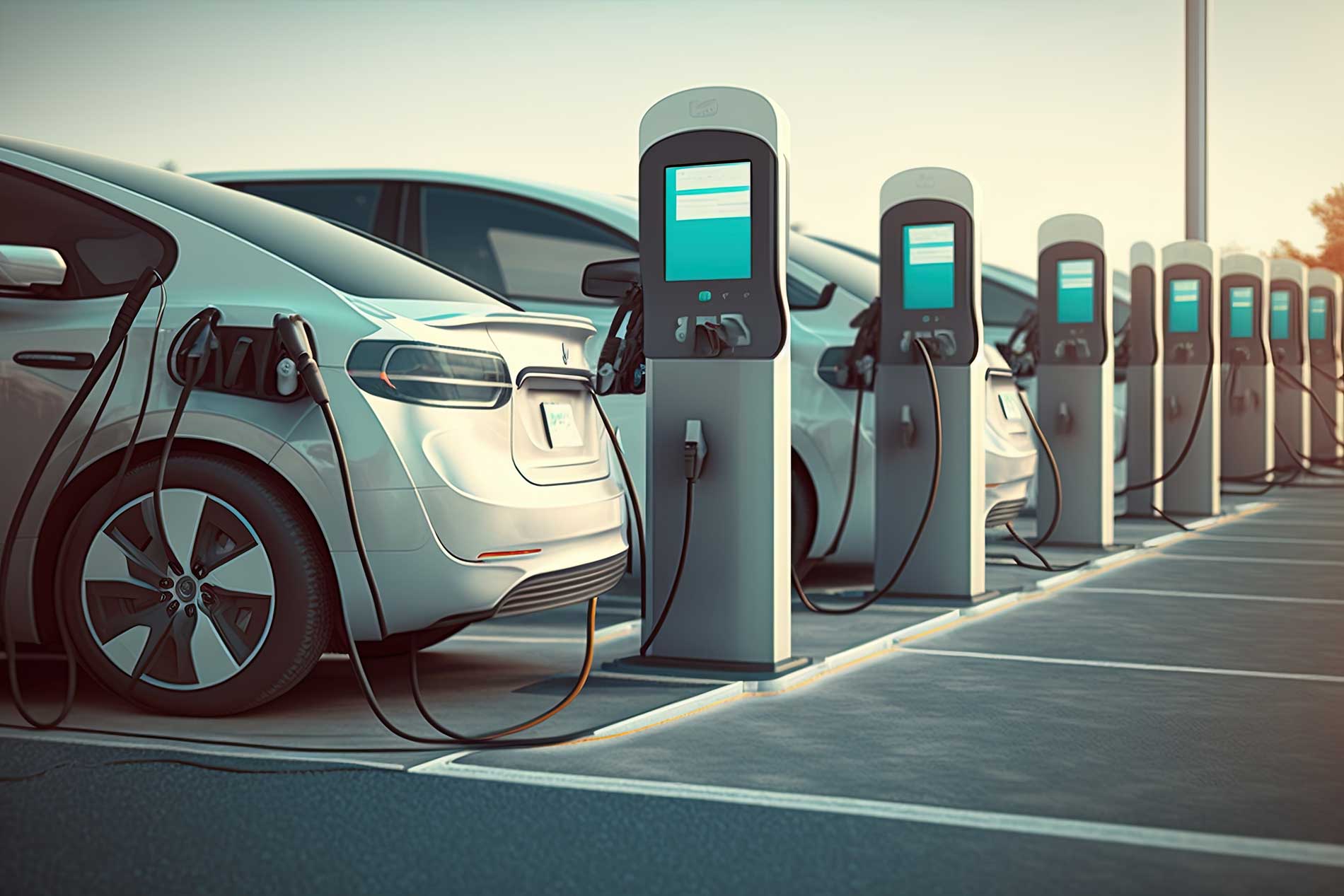Tucson reviews progress on electric car infrastructure

TUCSON, AZ – The City of Tucson Planning and Development Services Department (PDSD) has conducted a comprehensive review of its electric vehicle (EV) readiness regulations one year after the adoption of the ordinance mandating infrastructure in new commercial, multifamily and office developments.
The review follows the Mayor and Council’s request during the public hearing on August 23, 2022, when the ordinance was initially approved.
The EV readiness ordinance, effective Dec. 1, 2022, ensures that new developments in Tucson are equipped with EV infrastructure. The regulation specifies the percentage and types of EV supply equipment, readiness levels, and best practices for siting and design. This is in addition to the June 2021 local amendment to the International Residential Code, which requires EV charging provisions for new single-family homes.
According to the City Council, the goal of the ordinance is to increase access to EV charging infrastructure through a phased approach, ensuring that new developments accommodate current and future EV users. By installing EV infrastructure during construction, the city aims to reduce the overall cost of transitioning to electric vehicles, avoiding the expense of future retrofits.
To assess the effectiveness of the EV charging regulation, PDSD conducted a survey targeting those affected by the new regulation and the general public. The survey received 56 responses, 13 of which were specifically related to EV infrastructure projects.
Among the main findings were: the need for flexibility in the application of the standards to various situations; concern about installation costs, especially in affordable housing projects.
In addition, there was a call for clearer guidelines on the application of EV requirements to site extensions; suggestions for increased incentives for the installation of Level 3 chargers; and strong support for EV regulations in single-family homes.
Over the past year, PDSD staff reviewed commercial and multifamily project development packages to identify those that included EV charging infrastructure. Fourteen projects were found to incorporate EV infrastructure, 10 of them multifamily and 4 commercial/restaurant.
Based on survey comments and staff reviews, it was proposed to clarify that EV requirements apply only to newly constructed parking areas in site extensions, reducing future retrofit costs.
Establish a pathway to reduce EV requirements where appropriate, using methods such as the Individual Parking Plan; adjust incentives for Tier 3 chargers, proposing a ratio of 8 to 1 compared to Tier 2 chargers to better reflect cost and speed of charging.
PDSD staff will explore ways to address these adjustments through the corridor redevelopment code package, which includes public input. Updates to EV parking standards will align with other proposed changes to commercial parking requirements, with completion expected by the end of 2024.
